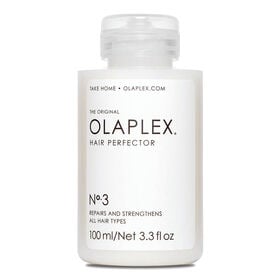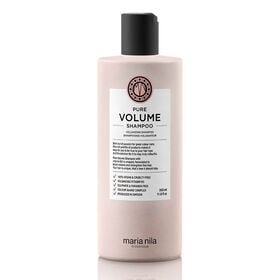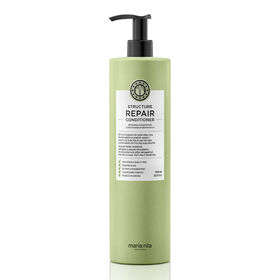You’ve probably read or heard of brands refer to haircare products as “vegan friendly”, “cruelty-free” and “100% vegan”, but what’s the difference? It’s easy to assume that all of these mean the same and get confused about what to look for. We’re going to explain the different meanings so that you can feel confident in when choosing vegan hair and beauty products.
Confused about Vegan Certification in the UK? Let us help
What’s the difference between Vegan and Vegan Friendly?
When a product states that it is ‘Vegan’ it means that that the product doesn’t contain any animal-derived ingredients. Vegan as a term is not regulated however there are independent organisations, like the Vegan Society, that can certify a product’s vegan credentials. These organisations offer independent verification so that consumers feel an added level of trust. However, a product doesn’t have to be certified for you to trust that it is as it says. As the term vegan isn’t regulated, for some brands it’s simply not needed or it may be that a smaller brand doesn’t have the resources to seek certification. When buying from known brands you can trust the Vegan status and if in doubt, just ask. If you don’t want to take a ‘vegan’ label at face value, especially when buying from smaller brands, understanding commonly used non-vegan ingredients is a good way to arm yourself with the knowledge to know what to look out for.
Vegan friendly is a slightly more ambiguous term that is generally used to describe a product that is vegan in its formulation and is also generally sympathetic to a vegan ethos. A vegan friendly product is likely to be vegan in its formulation but also its method of manufacture, packaging and testing. In the UK and EU cosmetic animal testing is banned, which is why any vegan product produced for sale in those countries would automatically be vegan friendly.
The difference between Vegan and Cruelty-Free
To start with let’s answer the much asked question of ‘What does cruelty-free mean?’. Cruelty-free is when a product or its ingredients hasn’t been tested on animals. So the term cruelty-free relates purely to the development and testing stage of a product. In the UK and EU animal testing is illegal, therefore any product you buy in the UK or EU will automatically be cruelty-free. So you might think, ‘well then why does it matter?’. For a lot of us, it’s important that we spend our money with brands that share our values. With so many brands selling products globally, choosing a brand that is cruelty-free means that not only will they not use animal testing for products destined for the UK and EU (because they are not legally permitted to) but that they stand by a no animal testing policy in all countries.
So because the term cruelty-free relates to testing, it means that it actually has nothing to do with the vegan status of the product or the vegan status of its ingredients.
Vegan Certification
Many brands self-certify themselves as vegan. In the UK and EU the hair and beauty industry as a whole is very heavily regulated so you can feel confident in trusting a brand’s vegan claims. However if you do want the added assurance of an independent verification, here are some of the organisations to look for:
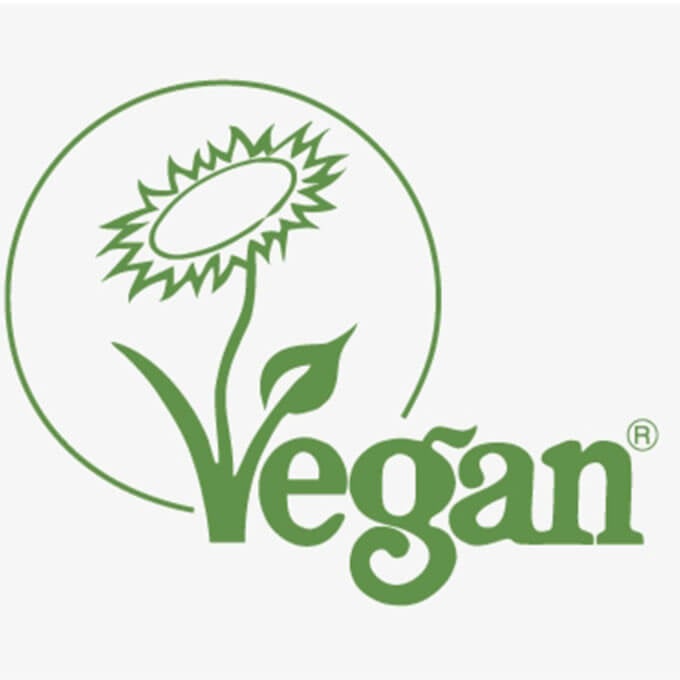
The Vegan Society
The Vegan Society is the world’s oldest vegan non-profit organisation that helps people become vegan by promoting its benefits for people, animals and the environment. Having originated the term “vegan” in 1944, the steps they have taken to educate the public include verifying brands with the Vegan Trademark and their 30-Day Vegan Pledge campaign.

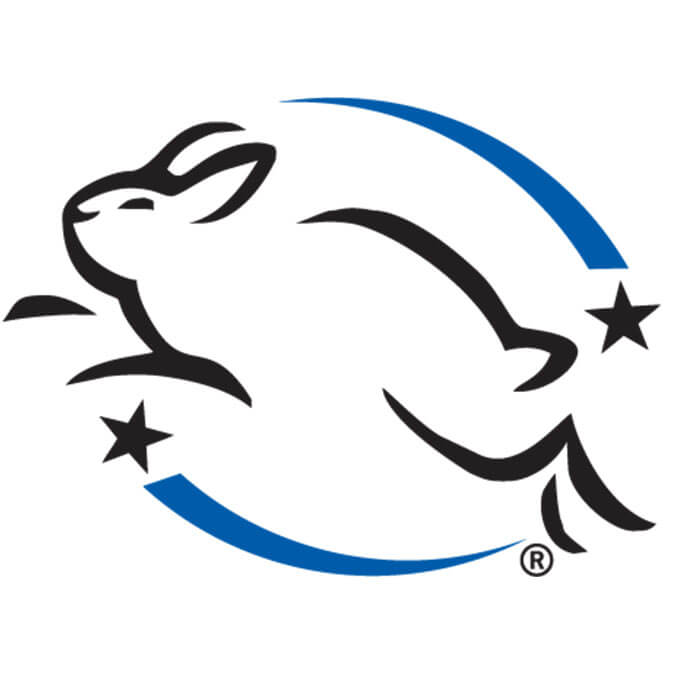
The Leaping Bunny
The Leaping Bunny is the most trusted cruelty-free non-profit organisation and aims to end animal testing worldwide. Some steps they have already taken include investigating laboratories and educating the public on animal-free testing alternatives.
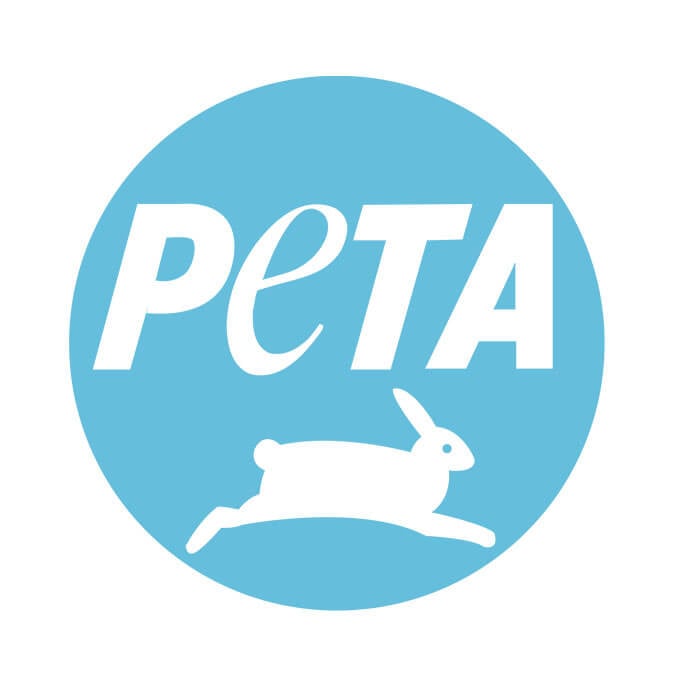
PETA
PETA (People for the Ethical Treatment of Animals) is one of the most well known non-profit organisations and raises awareness on animal rights, focusing on four industries: science, food, fashion and entertainment. The ways the group have globally raised their profile include educating policymakers and PR campaigns with celebrities. Internationally PETA use this logo to mark products as cruelty-free.

In summary
- If a product is listed as vegan and you are buying in the UK or EU you can generally be sure it’s free from animal derivatives and not tested on animals. If you do want independent verification, look for the Vegan Society mark or a trademark from another independent organization.
- In the UK and EU no products are tested on animals but if you want a brand that doesn’t test globally, look for ‘cruelty-free’.
- Arm yourself with knowledge. Ingredients lists can be confusing but read our vegan ingredients guide to help you know what to look out for when choosing vegan products.
- Don’t be afraid to ask. Anyone who claims that their product is vegan should be more than happy to answer any questions you have.
- If you’re buying products outside of the UK and EU, perhaps on holiday for example, make sure you look for cruelty-free certification as laws vary globally.
- If you want the added assurance of certification, look for one of the logo’s above.
